Results
-
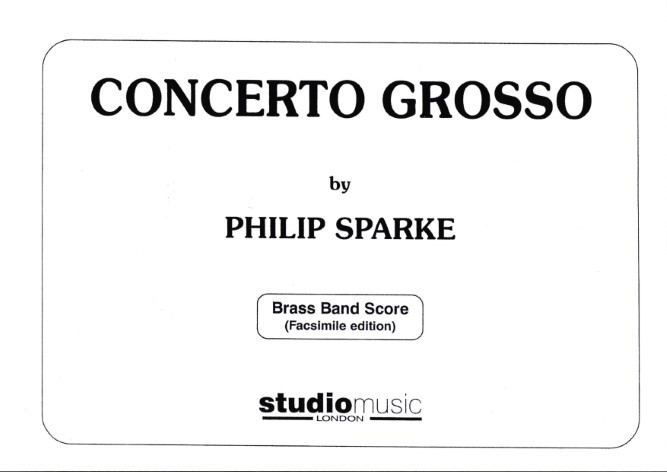 £74.95
£74.95Concerto Grosso (Brass Quartet with Brass Band - Score and Parts) - Sparke, Philip
Please note: this is a facsimile set and printed to orderRecorded on Polyphonic QPRL081D Cambridge Variations (The Music of Philip Sparke Vol.1)
Estimated dispatch 7-14 working days
-
 £37.95
£37.95The Little Drummer Boy (Brass Band) - Sparke, Philip
The Little Drummer Boy (originally known as Carol of the Drum) is a popular Christmas song. Here it is skilfully arranged by Philip Sparke.This set comes with a condensed score.
Estimated dispatch 7-14 working days
-
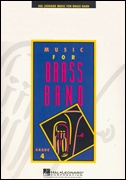 £64.99
£64.99BRAVE Soundtrack Highlights (Brass Band) - Doyle, Patrick - Sparke, Philip
Patrick Doyle's soundtrack from the blockbuster Disney/Pixar film Brave ranges in mood from haunting and lyrical, to powerful and majestic. Philip Sparke captures the style beautifully for the concert stage. Includes: Fate and Destiny; The Games; Merida's Home; Noble Maiden Fair (A Mhaighdean Bhan Uasal); Touch the Sky. Duration: 6:00. Recorded on De Haske Brass CD DHR03-060-3 Ready Steady Brass!.
Estimated dispatch 7-14 working days
-
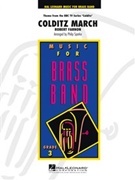 £76.99
£76.99COLDITZ MARCH (Brass Band) - Farnon, Robert - Sparke, Philip
Acclaimed Canadian composer/arranger Robert Farnon penned this distinctive march theme for the 1970s BBC television drama Colditz, which told the story of prisoners held at Colditz Castle, Germany during World War II. Philip Sparke's extended concert version is expertly scored for band - an elegant and powerful addition to any program.
Estimated dispatch 7-14 working days
-
 £40.00
£40.00Copacabana (at the Copa) (Brass Band - Score and Parts) - Manilow, Barry - Harper, Philip
This upbeat classic has been skilfully arranged by Philip Harper. Enjoyable for your band members and audience alike.
Estimated dispatch 7-14 working days
-
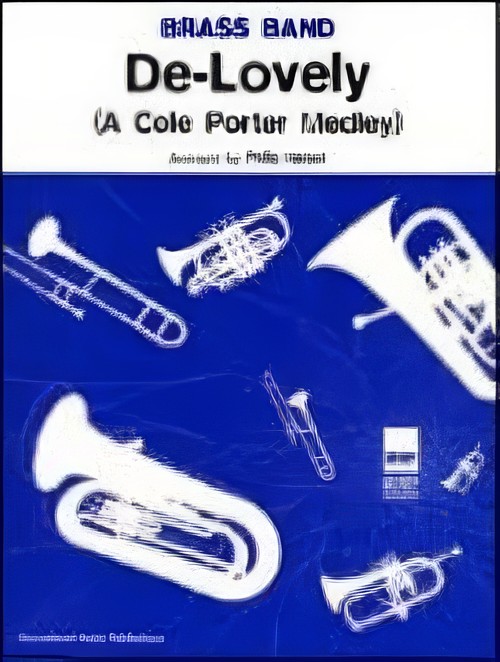 £40.00
£40.00De-Lovely: Cole Porter Medley (Brass Band - Score and Parts) - Porter, Cole - Harper, Philip
The musical De-Lovely, celebrated the songs of Cole Porter and these songs have now been skilfully crafted into this show-stopping medley for brass band by Philip Harper. With melodies that include the delightful Let's Do It (Let's Fall In Love) and the suave Begin the Beguine, this concert piece is full of swing, swagger, and the heart-warming nostalgia of these evergreen favourites.Suitable for Advanced Youth/3rd Section Bands and aboveDuration: 8.00
Estimated dispatch 7-14 working days
-
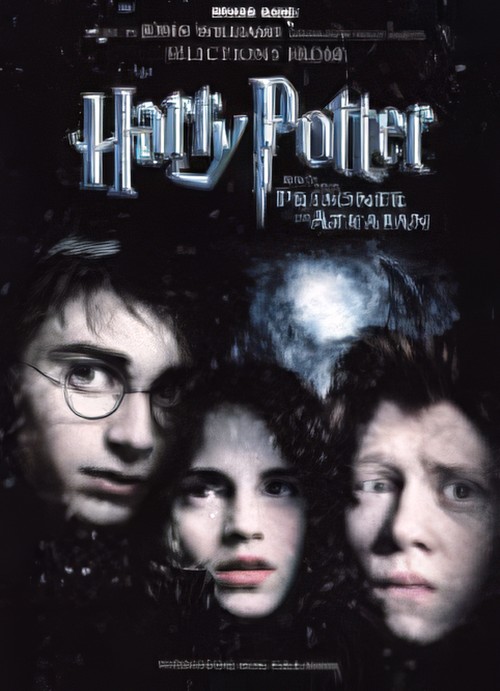 £45.00
£45.00Harry Potter and the Prisoner of Azkaban (Brass Band - Score and Parts) - Williams, John - Harper, Philip
Harry Potter and the Prisoner of Azkaban is the third book in the Harry Potter series by author J. K. Rowling. The book was published in 1999 and the film, based on the book, was released in 2004. This is Philip Harper's brass arrangement of a selection of the music from the film.Suitable for Advanced Youth/3rd Section Bands and aboveDuration: 4 minutes
Estimated dispatch 7-14 working days
-
 £65.00
£65.00 -
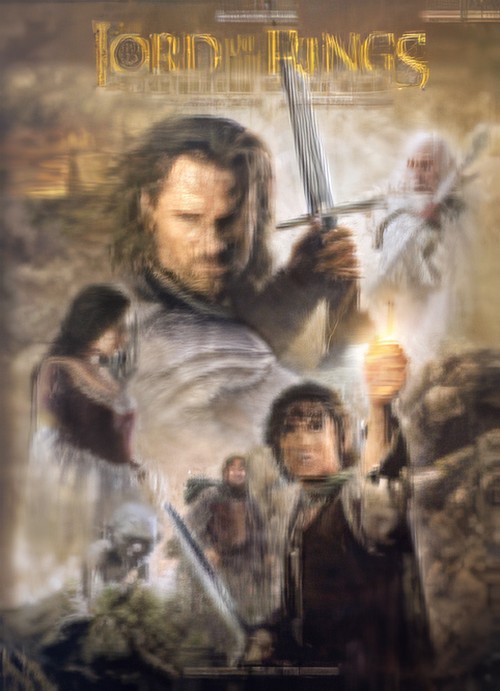 £40.00
£40.00Lord of the Rings: The Return of the King (Brass Band - Score and Parts) - Shore, Howard - Harper, Philip
A spectacular fantasy medley from the third and final episode of the Oscar-winning trilogy The Lord of the Rings. The most poignant and memorable themes from this magical motion picture have been arranged and assembled as a gala concert piece for brass band by Philip Harper. Bring the mystery and excitement of Middle Earth into your repertoire with this piece!Suitable for Advanced Youth/3rd Section Bands and aboveDuration: 6.00
Estimated dispatch 7-14 working days
-
 £38.00
£38.00SYMPHONY No.2, Finale from (Brass Band) - Mahler, Gustav - Harper, Philip
One of the most life-affirming pieces of music ever composed, Mahler's 2nd Symphony, subtitled "The Resurrection", was first performed in Berlin in 1895. Mahlers interest in the mysteries of the afterlife is well-known and is a recurring theme throughout all his nine symphonies. Philip Harper has arranged the final passages of the 2nd Symphony, which begins with a profound hymn set to the words of Friedrich Klopstock-- Rise again, yea, thou shalt rise again. The music contains one of Mahler's magical transitionary passages, building in intensity, before the hymn is restated in all its majesty at the moment of glorious resurrection. This arrangement was performed as the finale to Cory Band's winning Brass in Concert programme in 2012. The publisher of this works suggests that it should be playable by 1st. section bands upwards.
Estimated dispatch 7-14 working days
